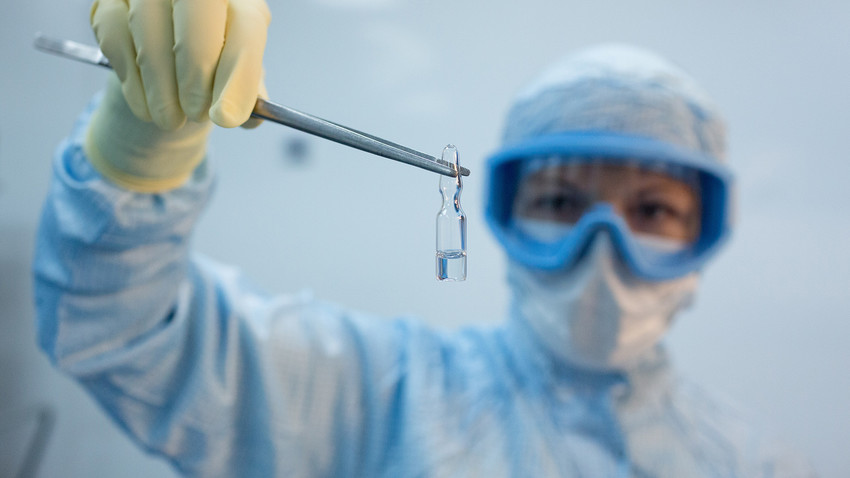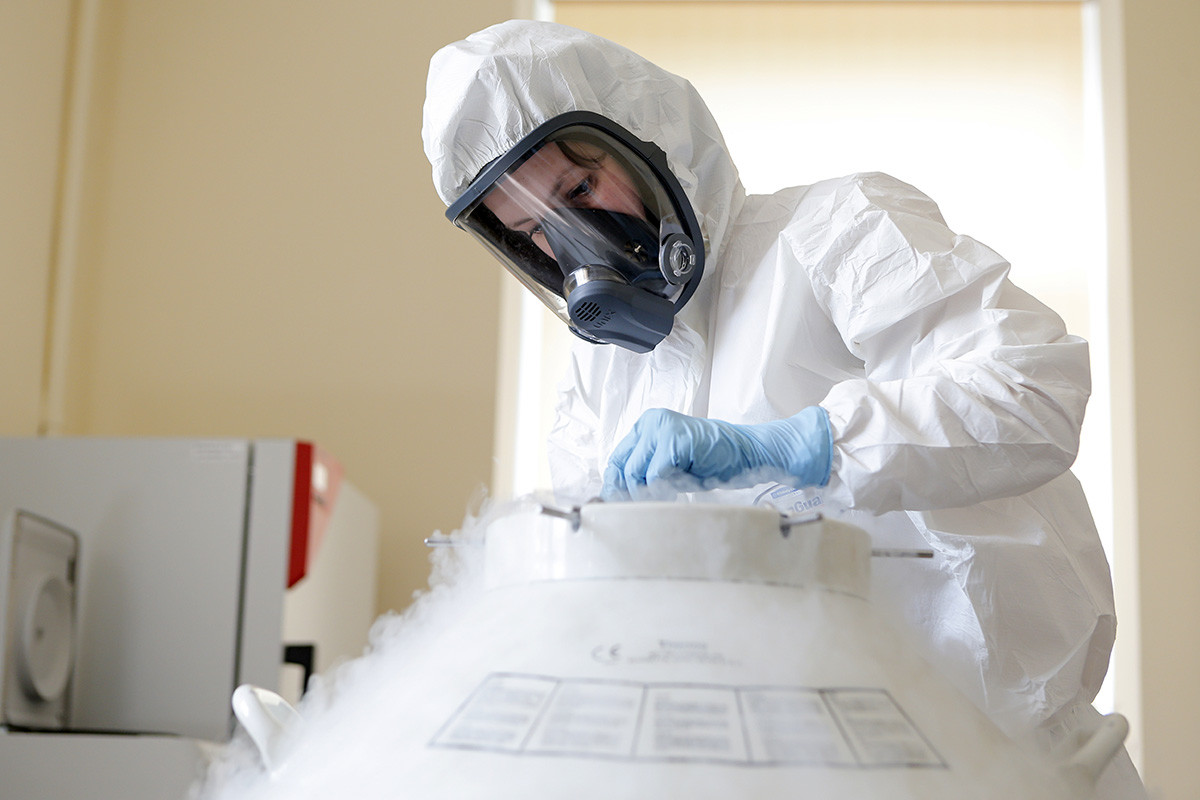What we know about the Sputnik V vaccine as reported in The Lancet (BRIEF EXPLAINER)

The Gamaleya Institute in Moscow, which developed the anti-coronavirus vaccine Sputnik V, has published the results of the first and second phases of clinical trials in one of the world’s most prestigious medical publications, The Lancet. Now that the technical details are available to the whole world, a preliminary assessment can be made of the effectiveness and safety of the new treatment. Like any scientific article, the report was peer-reviewed by scientists. We summarize the key points.

- The scientists found no serious or unexpected side effects at the given stages of research.
- In roughly half of the cases, the side effects were moderate and generally expected: body temperature did not rise above 38.9°C; pain was felt in the head and at the injection site. Those who received two doses of the vaccine experienced worse side effects after the second injection.
- The vaccine induced a genuine immune response in all volunteers at least 28 days after immunization. Those who received two doses of the vaccine with an interval of three weeks had a higher immune response.
- Vaccinated subjects develop antibodies against the crown-like spikes of the coronavirus, and the population of so-called T cells (lymphocytes that fight the virus) increases.
- Among the general pool of antibodies in vaccinated subjects, neutralizing ones are present in the blood. These not only bind onto the virus, but also block it from penetrating the cell.
- The Sputnik V vaccine is based on an adenovirus, which means that the coronavirus gene is delivered to the cells via a carrier virus (an adenovirus non-lethal for humans, who have been repeatedly exposed to it during their life). In addition, the researchers looked at the development of immunity to the adenovirus-based vaccine. They found no evidence that a previously transferred adenovirus infection would in any way conflict with the vaccine and lower its effectiveness.
- The average level of antibodies in those previously ill with COVID-19 was compared with that in vaccinated subjects. The latter was found to be higher than the former, but the proportion of neutralizing antibodies was slightly lower.
- A meaningful comparison between Sputnik V and other vaccines has not yet been carried out, but preliminary results suggest that in terms of the level of neutralizing antibodies (a far more important predictor of vaccine effectiveness) it is somewhat weaker than, say, Oxford University’s ChAdOx1.
- Sputnik V's developers admit that, despite the encouraging results, their research has a number of limitations. The volunteer age group was young and the observation period too short. A significant portion of the subjects were military personnel around 25 years old in excellent health. This means that for people at risk the vaccination may be less effective and/or more painful. This aspect has yet to be researched.
Read more: Russia has several working COVID-19 vaccines. How safe are they? (DETAILED EXPLAINER)
If using any of Russia Beyond's content, partly or in full, always provide an active hyperlink to the original material.
Subscribe
to our newsletter!
Get the week's best stories straight to your inbox